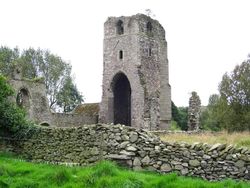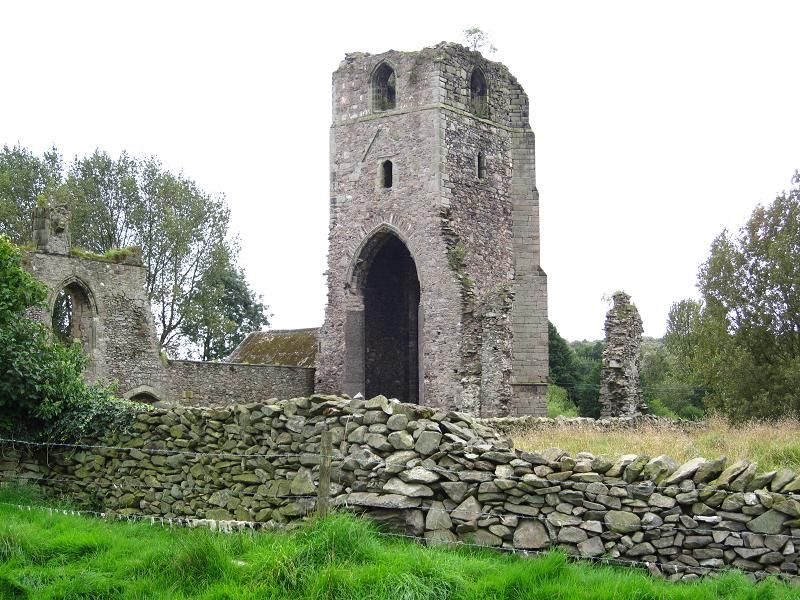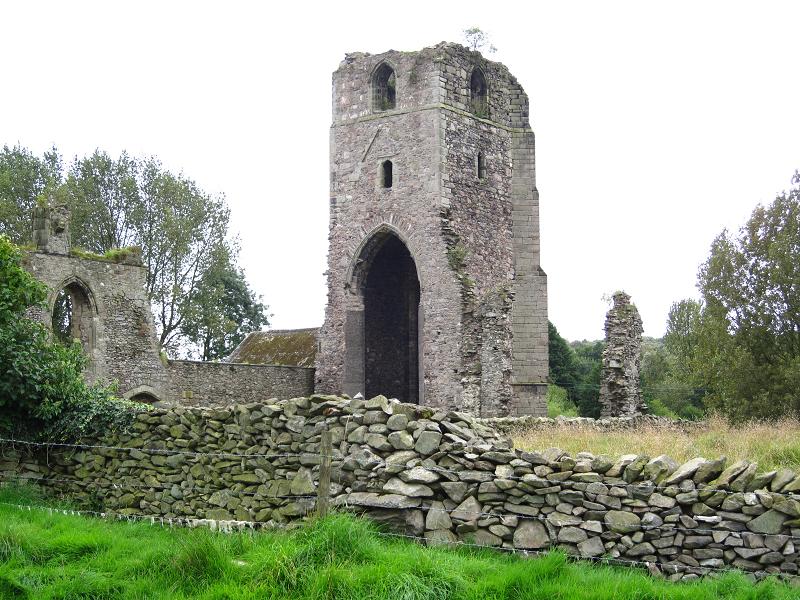His father had been a stalwart of Edward II, and William showed conspicuous ambition, undertaking to join the King for several years of campaigning in France, and was exepmted from Royal levies on his holdings in compensation-- a sure sign of high favor in times where Edward II was so beset by rivalries and outright threats to his rule, that he had episodes of paranoia.
Unlike many of his descendants, who had to cover all contingencies during the chaos after Edward III's reign, William had no appetite for conspiracy, and busied himself in further military service-- but he chafed for action during the brief intervals of peace, showing at least one element of the complex and fractious temperment that was to thrive in coming generations when nuance was the norm, and loyalties were sworn with undisclosed contingencies in mind.
He rose in station, marrying the daughter of his patron the Earl of Essex, Margaret de Ufford, and his son Henry grew up in the "family business" of that Lord, which was the practiced study and vigorous prosecution of war-- and did justice to the advantages of his breeding and training, during the long and expansionist reign of Edward III.
His father had been a stalwart of Edward II, and William showed conspicuous ambition, undertaking to join the King for several years of campaigning in France, and was exepmted from Royal levies on his holdings in compensation-- a sure sign of high favor in times where Edward II was so beset by rivalries and outright threats to his rule, that he had episodes of paranoia.
Unlike many of his descendants, who had to cover all contingencies during the chaos after Edward III's reign, William had no appetite for conspiracy, and busied himself in further military service-- but he chafed for action during the brief intervals of peace, showing at least one element of the complex and fractious temperment that was to thrive in coming generations when nuance was the norm, and loyalties were sworn with undisclosed contingencies in mind.
He rose in station, marrying the daughter of his patron the Earl of Essex, Margaret de Ufford, and his son Henry grew up in the "family business" of that Lord, which was the practiced study and vigorous prosecution of war-- and did justice to the advantages of his breeding and training, during the long and expansionist reign of Edward III.
Family Members
Advertisement
Advertisement










